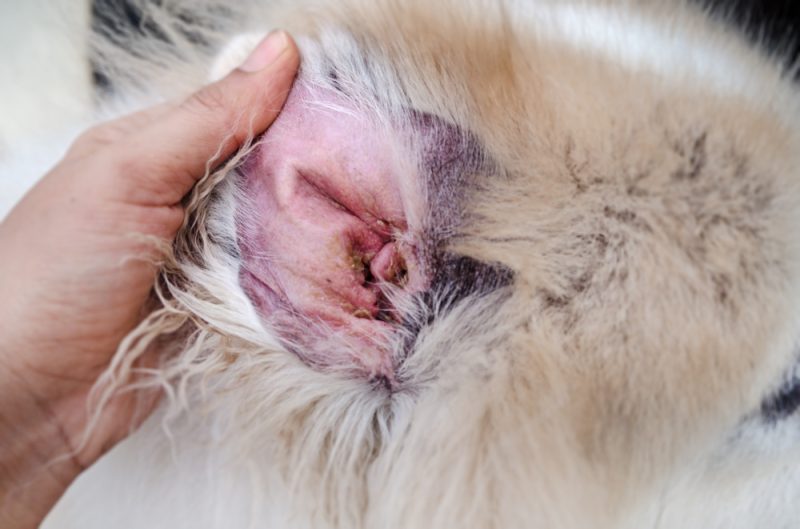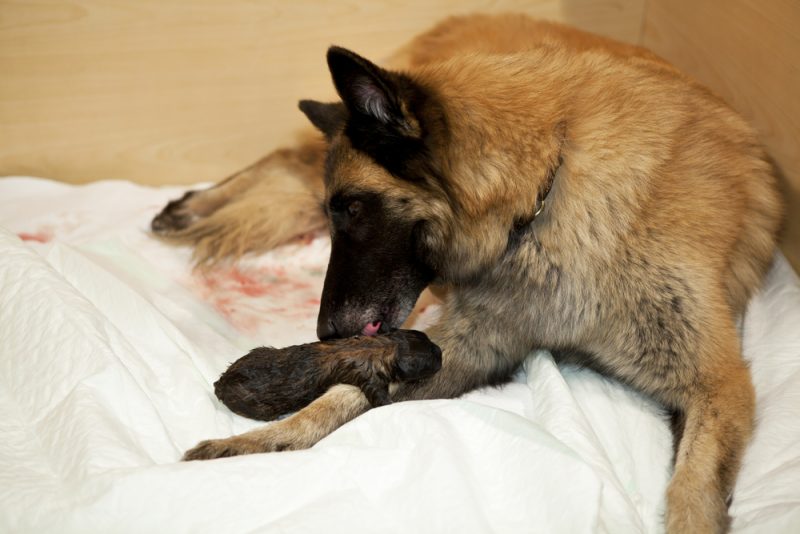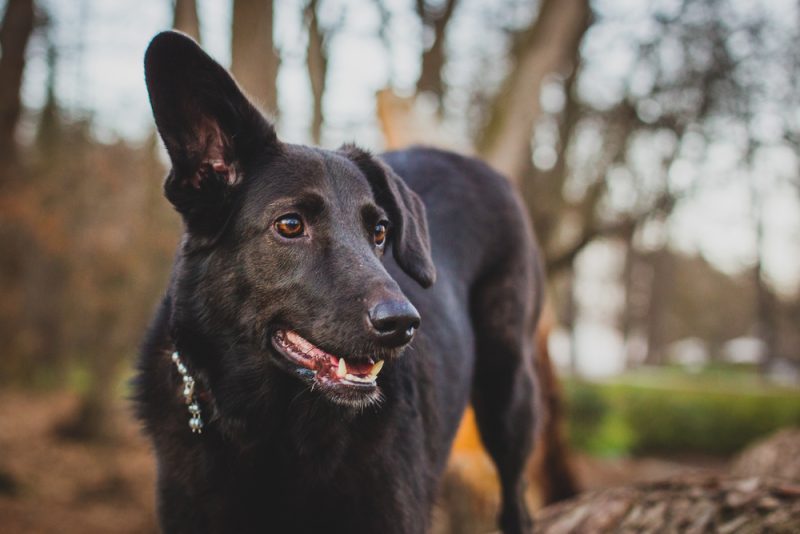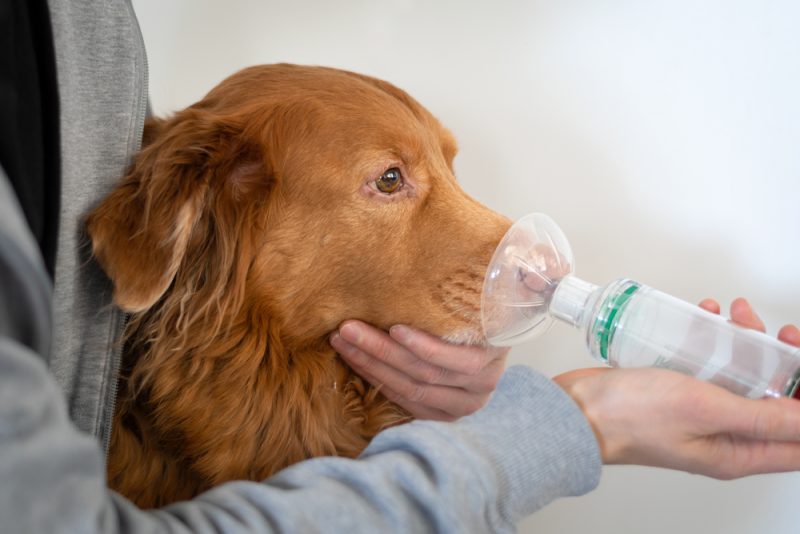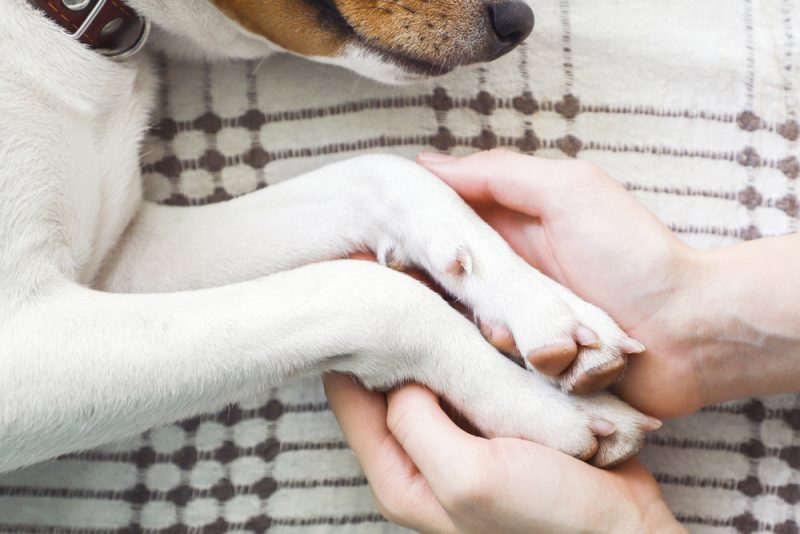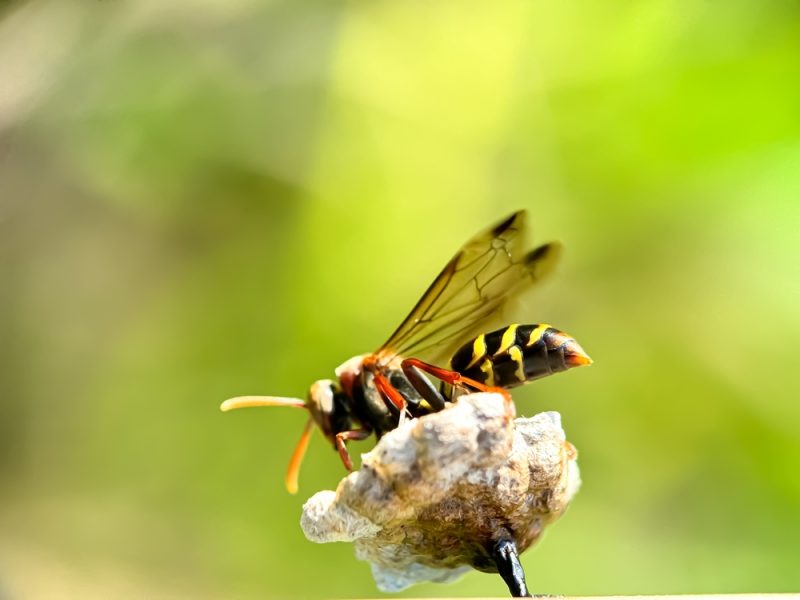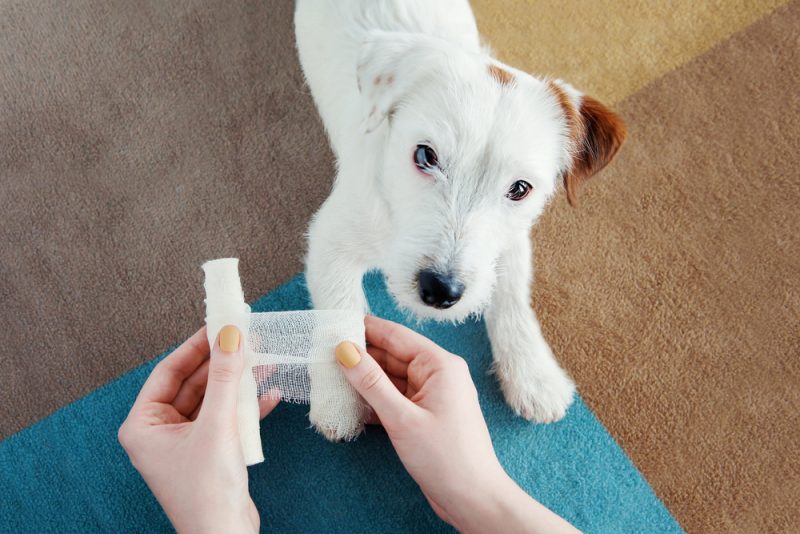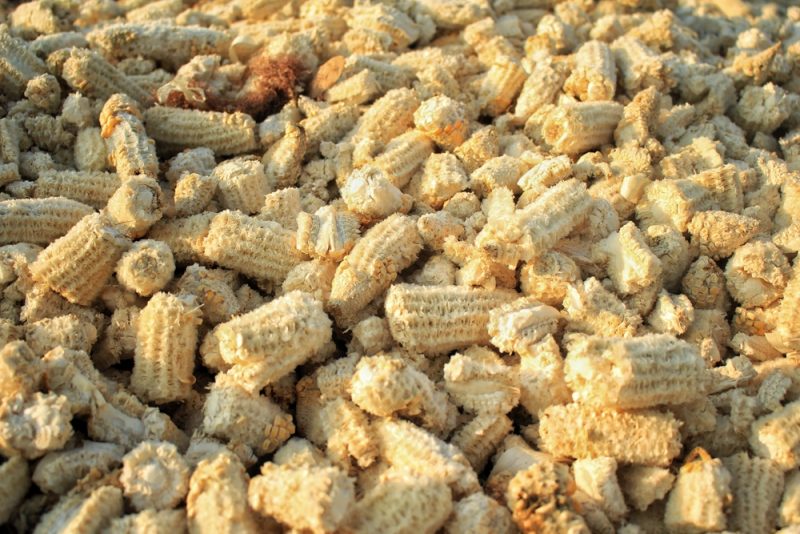Ask the Vet
Archive
What’s more classic than the image of a dog with a bone? Given this idea, it would be understandable to assume that feeding bones to your dog is a perfectly safe and natural practice. However, this isn’t always the case....
Ask any general practice veterinarian what type of ailments they see most often in dogs and I will guarantee you that skin and ear problems will make the top three. Healthy skin is vital for a healthy body, being the...
On the surface, wondering if a dog can get bird flu might sound like a bit of a no-brainer, but when we realize that humans, cattle, cats, and other mammals can become infected with the deadly H5N1 virus, it suddenly...
When you take a look at a hyena, it would be easy to imagine that they’re related to dogs. With their upright ears, loping gait, and social behavior, they seem to share many canine characteristics. However, you might be surprised...
Have you ever found yourself wondering how many teeth a dog has? Or whether their front legs have elbows or knees? It sounds like you could use a crash course in canine anatomy. Don’t worry, we’re not going to get...
Nothing warms the heart quite like seeing a mother dog snuggling up with her adorable litter of puppies, but we know that this will eventually have to end. Once puppies are weaned, strong, and independent, it’s usually time for them...
You may be aware that there are a few human medications that can be given to dogs, however, this should NEVER be done without first checking the safety and dosage with your vet. Dogs metabolize medications very differently to humans,...
Apart from hilarious video clips and adorable photos, one of the main reasons dog owners turn to the internet is to make sure their dog is okay. Of course, there is no substitute for a physical examination by a vet,...
When a dog gives birth, their human carer usually puts a lot of thought into getting ready for the delivery and where the puppies are going to be put when they arrive, but quite often we don’t think about what...
We’ve heard people talk about ‘sounds that only a dog can hear’, and we all know that our dogs can hear the rustling of a chip packet from a mile away, but what are the real facts about a dog’s...
When you bring your pet home from surgery, it’s normal to have worries, questions, and concerns about how to look after them while they recover. One aspect of post-operative care is keeping an eye on their stitches, so it helps...
This unassuming little hair accessory, created by the late Rommy Hunt Revson,1 was an essential item in the 1980s, the subject of ridicule in the early noughties, and is back with a vengeance in the 2020s. Just as it was...
Psoriasis affects more than 3% of adults in the United States, most commonly causing inflamed, red, and scaly patches of skin. If you or someone you know suffers from this skin condition, you may wonder if it is something that...
Did you know that not only can dogs suffer from asthma, but they can also be prescribed asthma puffers to manage their condition? After all, it’s not every day that you’ll see a dog taking a deep pull on their...
Don’t let the name deceive you – Happy Tail Syndrome is not a particularly happy situation. In fact, it can be extremely messy, challenging to treat, and expensive to resolve. One of the main problems in treating this is that...
Most dogs are excellent companions for introverted people. Dogs provide an easy, non-judgemental relationship that has benefits that go both ways; your dog benefits from your love and care while you get stress relief, emotional support, a reason to get...
The urinary tract is a complex system of storage and release. It’s responsible for forming urine by removing excess fluid and waste products from the blood. It also keeps the good things that the body shouldn’t dump out, such as...
Any time a pet dies, there is sadness and devastation, but none more so than if one dies while at a veterinary hospital. After all, you brought your pet there for care and potentially life-saving measures. In addition to grieving...
Who doesn’t love the massive amounts of chocolate, sugar, and other bad-for-you goodies found in every store. But what us veterinarians don’t love are the dogs who get into the candy stash. Even if you think you have all of...
If you’re a cat parent, you know the joy of giving your furry friend a tasty cat treat now and again. The same goes for dog parents and dog treats. But what if you have both cats and dogs in...
If you have seen videos of a dog making a retching noise, you might wonder if it’s due to a gag reflex. We’re here to tell you, that yes, dogs have gag reflexes just like humans. Yet another thing we...
All of us are likely aware of people who have serious allergies to bees and/or wasps and become worried that the same thing can happen to our dog. Oftentimes we notice our dogs lying in the sun, minding their own...
Dogs eating glass is a risky situation. Shards of glass can damage the gastrointestinal tract or even perforate it, which can be a life-threatening situation. However, the risk depends on what the glass is like. You need to take your...
Dog owners never want to see their canine companions in pain. Unfortunately, there’s only so much we can do to supervise our dogs and prevent injuries. Accidents happen to us, and they can happen to our dogs too. Dogs are...
Getting a new puppy is always so exciting! You have this little bundle of fur just wanting to eat, sleep, and play with you. As a veterinarian, we often get asked how much food is appropriate to be feeding a...
Most dogs have a favorite type of toy, and it’s usually one that squeaks. This type of toy is typically either plush or plastic and includes a device that makes a high-pitched noise when squeezed. While sometimes irritating, these noises...
You had company over for a barbecue, and your furriest family member stole an ear of corn on the cob from someone’s plate. Is it going to be a problem? If so, what do you do when your dog eats...
There are some dogs who will get into and eat anything. I’ve met dogs who have swallowed socks, tinfoil, and even an entire stuffed animal. Even if your dog is not the type of dog who gets into things, sometimes...
Oregano (Origanum vulgare) is an herb commonly found in fresh and cooked salsa, pizza, and pasta sauces. The slightly bitter and pungent flavor is very bold and makes a dramatic impact on whatever recipe it’s found in. With a taste...
Miniature Dachshunds, sometimes affectionately referred to as Wiener Dogs or Doxies, are a smart and vibrant breed. While they are smaller than their Standard Dachshund counterparts, they have the same (but smaller) body type with very short legs and a...


